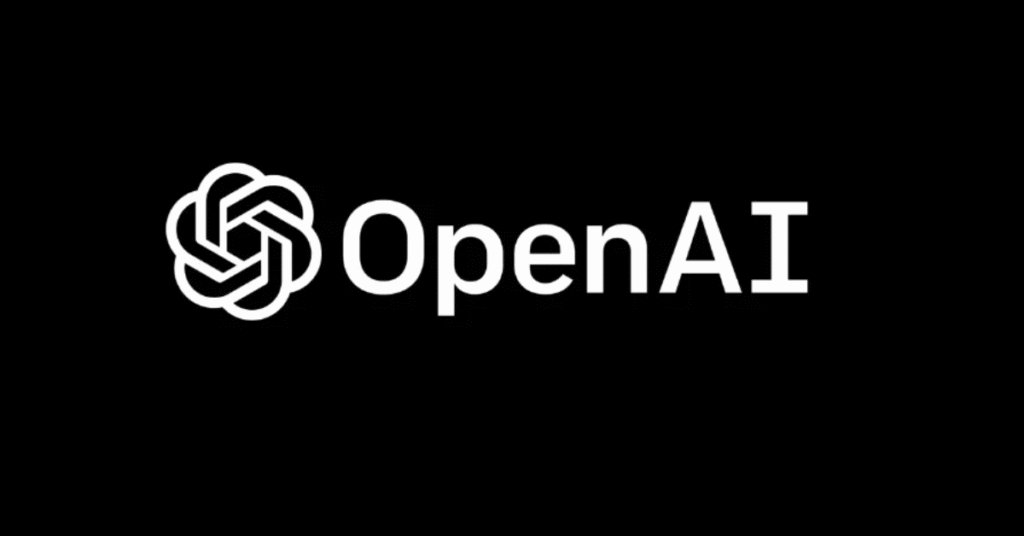San Francisco, July 2025 — In a bold move to reshape how we access and experience the internet, OpenAI is preparing to launch its own AI-integrated web browser, positioning itself as a direct competitor to Google Chrome.
The upcoming browser is expected to leverage OpenAI’s advanced GPT models to deliver a radically different user experience — where search, summarization, personalization, and navigation are driven by real-time AI.
This development signals OpenAI’s growing ambitions beyond chatbots and enterprise APIs. If successful, the move could redefine consumer expectations around how browsers behave and what they offer.
What to Expect from OpenAI’s Browser:
- Real-time article summarization powered by GPT
- Context-aware navigation and suggestions
- Smart tab and task management features
- Tight integration with OpenAI’s assistant features like voice, memory, and image understanding
With rivals like Arc and Opera’s Aria already integrating AI into the browsing experience, OpenAI’s entry into this market marks a significant shift — not just in tools, but in how the web itself is consumed.
The launch also raises questions about data privacy, AI bias, and the growing role of closed AI systems in shaping user behavior. Given Chrome’s 60%+ market share globally, OpenAI has its work cut out — but its deep tech edge and brand loyalty may give it an opening.
StartupByDoc Take
This isn’t just a new browser. It’s a signal that browsing is the next frontier for AI-native interfaces — and OpenAI wants to own that interface

